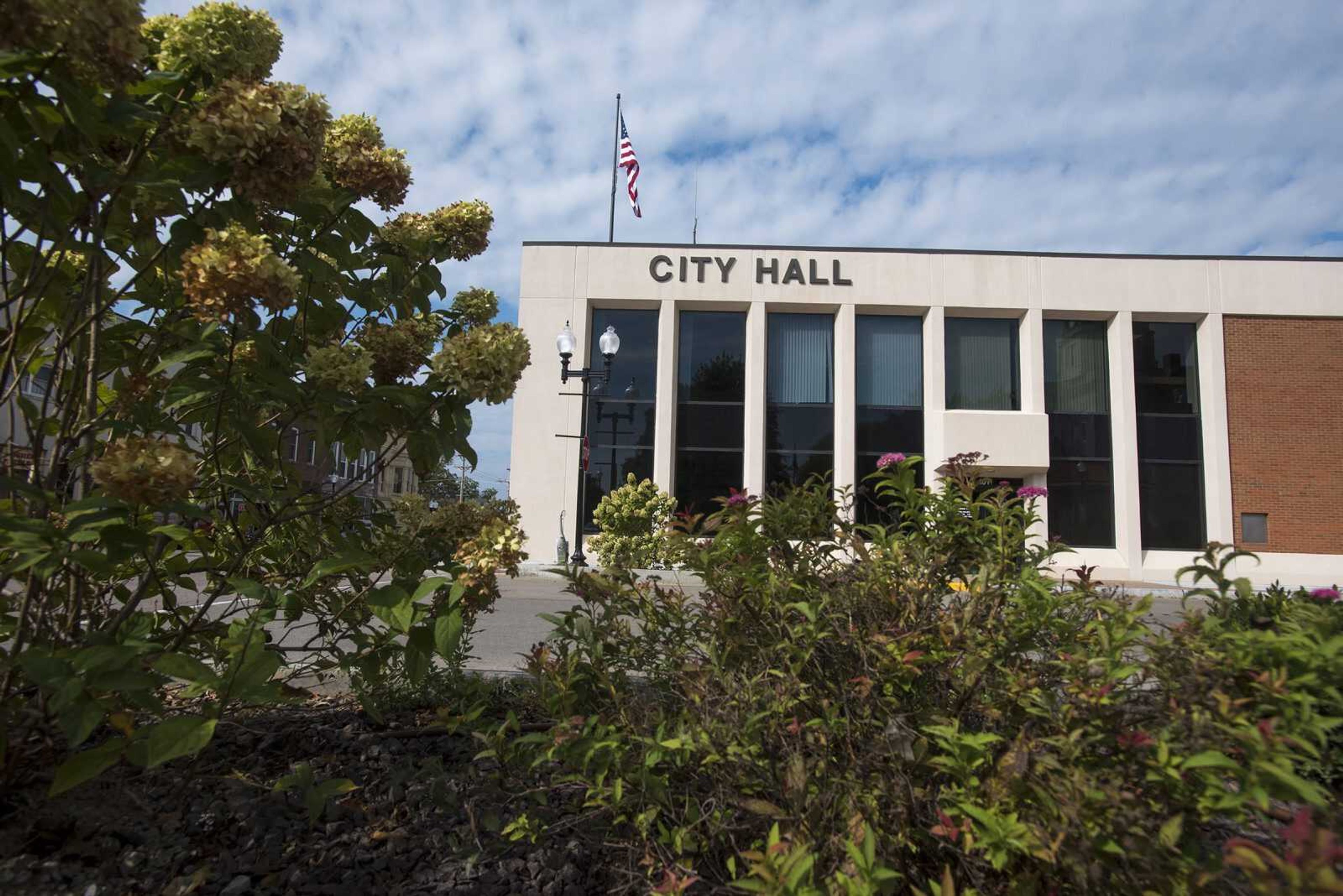Jackson Aldermen considering use-tax marketing proposal
Eighty-two votes. That was the difference two years ago when less than 12% of the registered voters in Jackson said no to a use-tax measure that would have generated hundreds of thousands of dollars for the city annually. It was the third time since 2014 Jackson voters had defeated the use-tax proposal, which would have added a sales tax to online purchases equal to the Jackson's existing sales tax rate of 2.5%...
Eighty-two votes. That was the difference two years ago when less than 12% of the registered voters in Jackson said no to a use-tax measure that would have generated hundreds of thousands of dollars for the city annually.
It was the third time since 2014 Jackson voters had defeated the use-tax proposal, which would have added a sales tax to online purchases equal to the Jackson's existing sales tax rate of 2.5%.
It was also the narrowest margin of defeat, percentage-wise, in the three elections. The measure failed by a 2-to-1 margin in 2014, by a 10% margin in 2016, but by less than 7% in 2019.
Jackson city officials hope to close the gap this fall when the use-tax question goes before Jackson voters a fourth time Nov. 2.
A marketing campaign aimed at drumming up more support for the use tax will be considered by members of the Jackson Board of Aldermen when they meet in regular session Wednesday night.
The two-month marketing campaign, proposed by BOLD Marketing LLC of Cape Girardeau at a cost of $14,776, would use social media and direct mail as well as PowerPoint and video presentations to make the case for the use tax, which city officials estimate would generate about $500,000 annually.
That money, the city has proposed, would be used primarily to enhance city parks and recreation facilities.
Use tax benefits
"It's important to demonstrate who and what the use-tax revenue will benefit," said Maria Swan Childress, an account executive with BOLD Marketing and a member of the "Yes for Jackson" use-tax campaign committee.
According to the BOLD Marketing proposal, the marketing campaign will be to "educate key sectors of the community about the use tax, anticipated revenue and projects that would be funded by that revenue" and will target businesses, civic groups, community leaders, the media, and Jackson residents in general.
Approval of the use tax will allow the city to accommodate a number of unmet needs throughout Jackson's 200-acre parks system, Childress said. For instance, it would enable upgrades to recreational facilities including the city swimming pool and ballfields used by schools and youth leagues. Those improvements would potentially include enhanced parking, lighting, irrigation, and restrooms. It would also allow the city to upgrade its walking trail system.
"Youth and adult recreation leagues are very important to quality of life in Jackson," said Brian Gerau, president of the Jackson Area Chamber of Commerce and treasurer of the "Yes for Jackson" committee. "Our parks and sports programs are major draws to Jackson and can be used to increase tourism and attract visitors to our area."
Those visitors would, in turn, generate additional sales tax revenue through the dollars they spend in the community on food, gasoline, lodging and so forth.
Low voter turnout
City officials say one reason the use tax hasn't passed in three previous elections is because not enough people were familiar with the ballot proposal and of those who were familiar with it, not enough of them voted.
Jackson has more than 10,000 registered voters, but fewer than 20% of them (1,985) voted on the measure in 2014. That percentage dropped to about 16% (1,623) in 2016.
In 2019, just 1,298 residents, or about 12.8% of the city's registered voters, defeated the use tax 690 to 608. In only one of Jackson's four wards, Ward 3, did the measure pass by a 202 to 194 margin. At nearly 15%, it was also the ward with the largest voter turnout (396).
In addition to Jackson, voters in Cape Girardeau and Scott City will also go to the polls Nov. 2 to vote on use tax ballot issues in those communities. Pending approval, the use-tax measures in any or all of the communities would go into effect Jan. 1, 2023.
Looking for more business news? Check out B Magazine, and the B Magazine email newsletter. Go to semissourian.com/newsletters to find out more.
Connect with the Southeast Missourian Newsroom:
For corrections to this story or other insights for the editor, click here. To submit a letter to the editor, click here. To learn about the Southeast Missourian’s AI Policy, click here.










